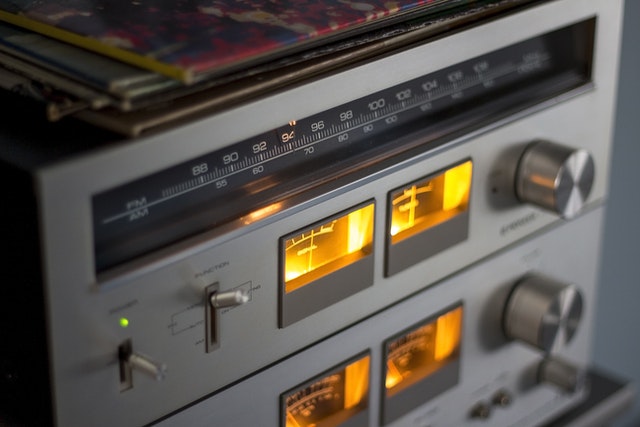6 Things to Consider While Buying an Amplifier

If you are a sound buff or a professional sound engineer, you must know the value of investing in a top amplifier for your money.
An amplifier will act as the brain of your sound system as every sound will flow through the amplifier first.
But, while buying an amplifier, you must pay close attention to various factors and the device’s specifications as they can make or break your sound output.
Ideally, the best amplifier is the one that produces the best sound.
While sound quality and output must be the primary factor to consider, many other factors may also determine your decision.
Here are some things to keep in mind while buying an amplifier.
1. The Class of Amplifiers
Amplifiers are classified based on their distortion ratings.
There are four classes of amplifiers, A, B, AB, and D. Herein, the class A amplifiers would provide the lowest distortion, but they are not the most practical amplifiers as they are prone to overheating and incur power issues.
Ideally, the distortion should be as low as possible to provide the best sound output, as more distortion means that the sound will be far from the original.
So, you must consider the class of amplifier you are planning to buy before putting your money on it.
2. The Power Output of the Amplifier
An amplifier’s output power is measured in watts.
The higher the wattage output of an amplifier, the louder the sound it can produce. If you are planning to listen to music at high volumes, you must consider getting a high-powered amplifier.
But, if you only need an amplifier for personal or home use, then an amplifier with 20w to 50W of power ratings should be enough.
Anything more than 50W must be considered if you like loud music or you wish to install the sound system in a large space.
3. Speaker Configuration
While buying an amplifier, you must check the ratings and acoustic output of your speakers to determine the kind of amplifier you need.
If the speaker has lower output levels, you might need an amplifier with higher output to get the best performance from the speakers.
4. Signal to Noise Ratio
No matter what kind of sound system you install, professional musicians and sound engineers will be able to detect a slight buzz coming from the speakers.
The top amplifier for your money will suppress the buzzing sound to provide a more crisp sound output.
5. Cross Talk
When you are playing media on the sound system, the code of the media dictates what sound will come from the left speaker, the right speaker, the frequency of bass, and other such aspects.
Often, the sound that is supposed to come from the left speaker might come from the right speaker as well and vice versa. This malfunctioning of the speakers is known as cross-talk.
Therefore, it is important to select an amplifier that offers minimal cross-talk for a better surround sound effect.
Choose an amplifier that offers better stereo separation to reduce the cross talk.
6. Headroom
While watching a movie in a movie theatre, you must have noticed that the sound often becomes much more powerful for a brief period, and this is because of dynamic headroom.
If an amplifier does not come equipped with dynamic headroom, it will sound flat as it will always be running at its maximum capacity. So, the effects that require some extra output would come out as flat and unpleasant.
Consider choosing an amplifier with a high degree of dynamic headroom to enjoy the peaks or the high frequencies better.
So, these are some factors that you should consider while buying an amplifier.






